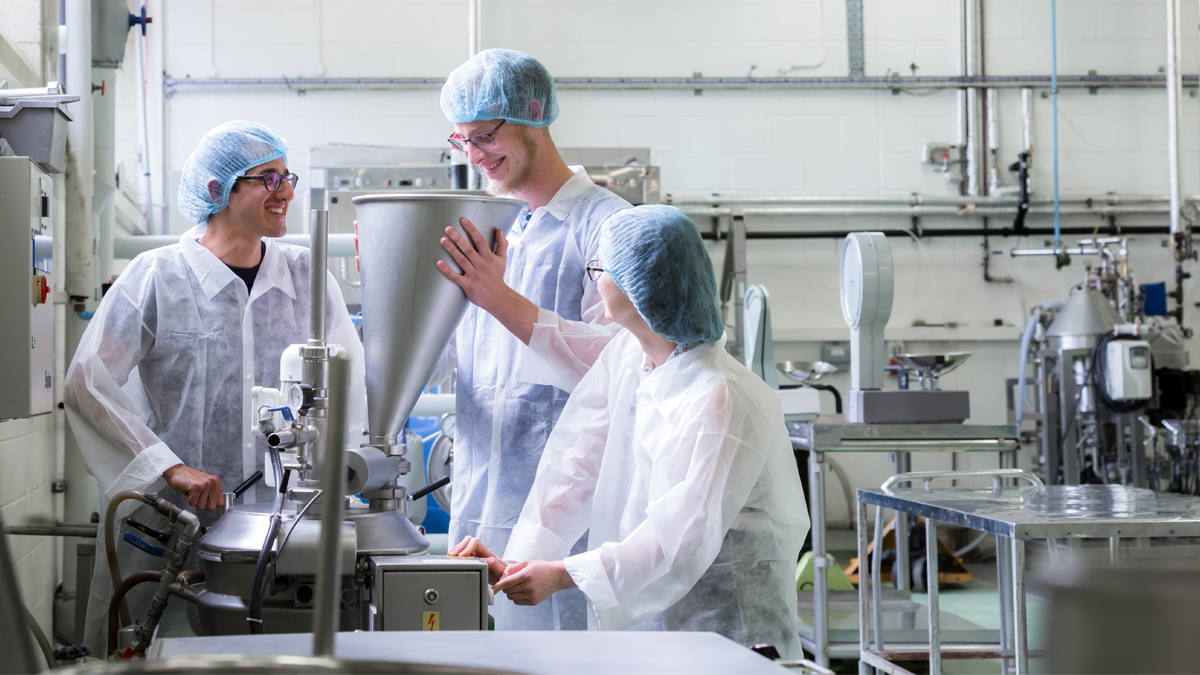Our courses offer different pathways into the food sector, allowing you to tailor your degree to the career of your choice.
You will learn from world-leading experts in a supportive environment. You'll develop essential knowledge and skills for a career in food science through a combination of:
- lectures
- problem-based learning
- group project work
- hands-on practical work in laboratories, test kitchens and pilot plant.


